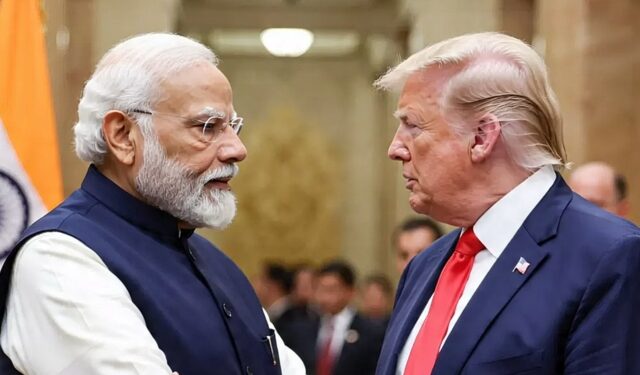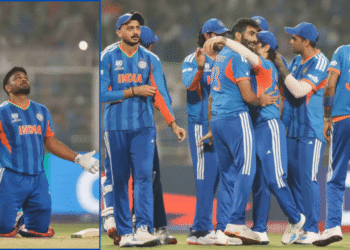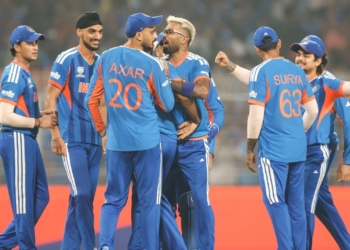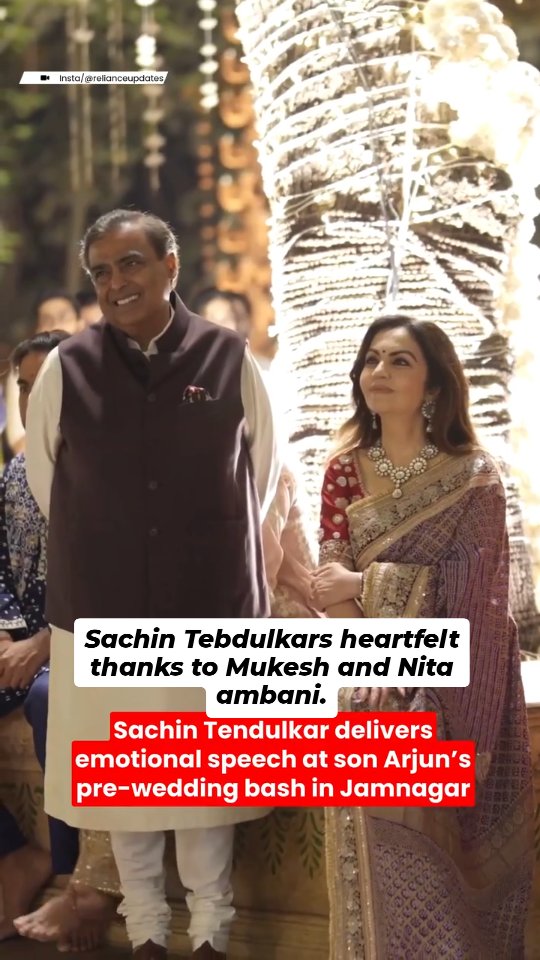India finds itself at the centre of a major trade controversy following U.S. President Donald Trump’s declaration of a 25% tariff on all Indian imports starting August 1.
The move targets India’s continued purchases of Russian energy and defence equipment, drawing sharp criticism of India’s “strenuous and obnoxious” non-monetary trade barriers.
The Ministry of Commerce & Industry acknowledged the announcement, stating that it is currently analysing its implications. Officials reaffirmed India’s pursuit of a fair, balanced, and mutually beneficial trade agreement with the U.S., with a firm stance on safeguarding national interests.
Trump’s statement underscores rising friction between the two strategic allies, as India balances its global partnerships amidst pressure to rethink its Russia ties.
India cited its independent foreign policy and past trade deals—like the Comprehensive Economic and Trade Agreement (CETA) with the UK—as evidence of a consistent national-first approach.
Stakeholders, including farmers, entrepreneurs, and MSMEs, are expected to be most affected, prompting the government to reinforce its focus on inclusive growth and economic resilience.
🔖 Related Story: Donald Trump Announces 25% Tariff on India from Aug 1






























